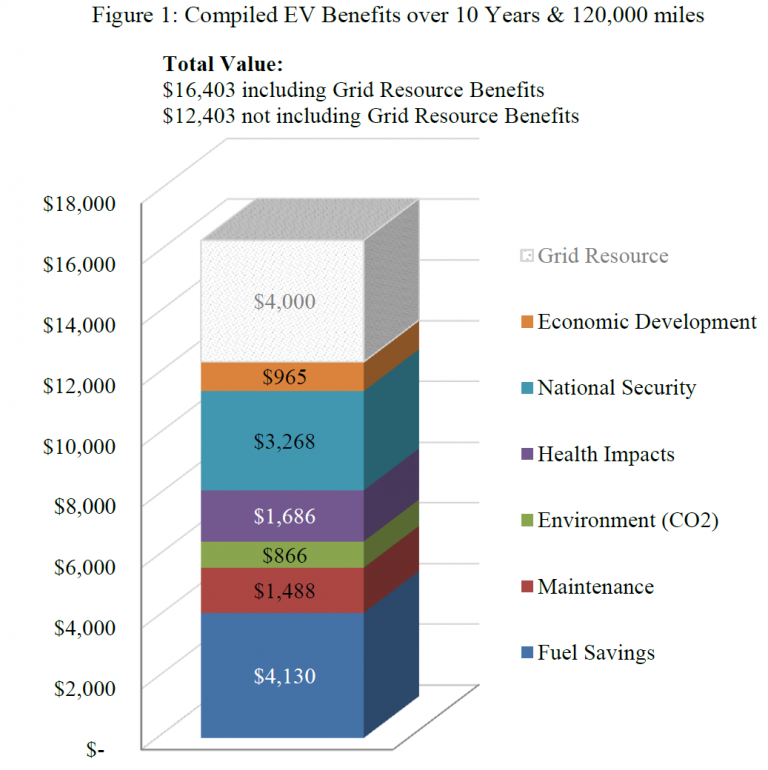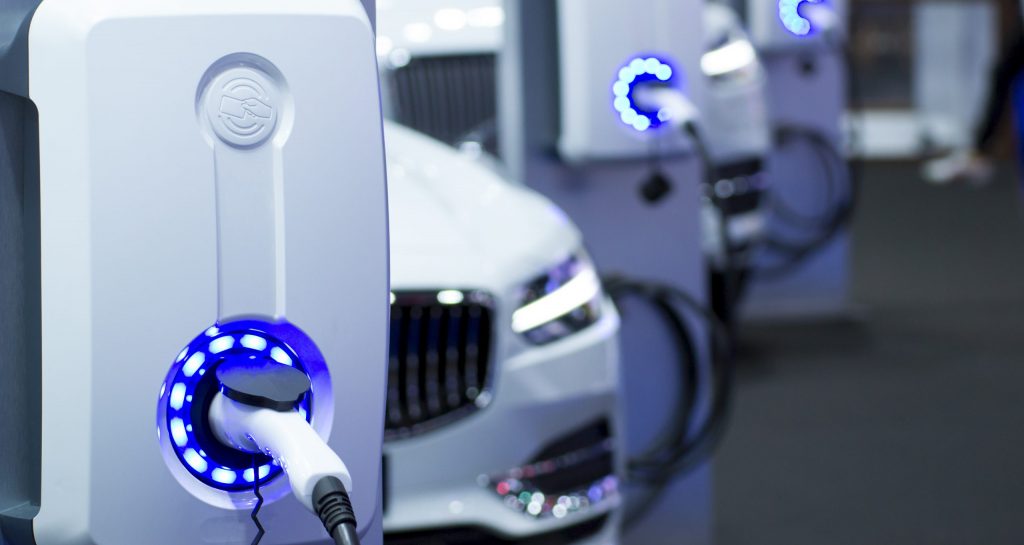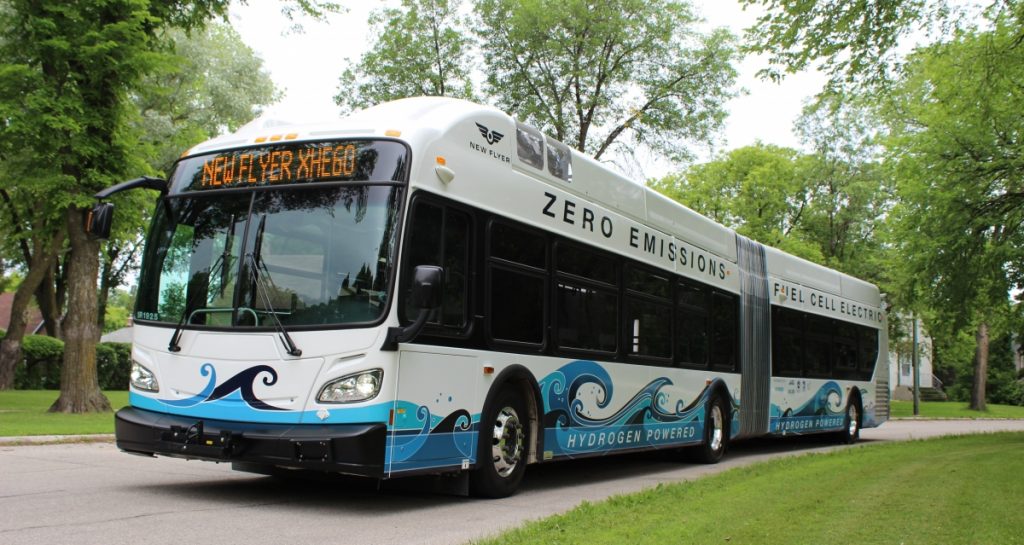
We often hear that the total cost of ownership of electric vehicles (EVs) is falling or will fall below that of Internal Combustion Engine (ICE) equivalents. The cost-benefit analysis is often down to the wire. But when you start factoring in wider benefits, the case for EV adoption strengthens dramatically.
Cost-benefit analysis is an age-old tool, but only recently has there been a movement to capture the wider benefits of a decision, rather than simply the financial return. Nowhere is this movement more important than in the public sector, where representatives have a mandate to govern in the best interests of the communities they serve.
Electric vehicles have the ability to deliver multiple environmental, social and health benefits. These include:
Energy Efficiency
EVs are three-to-five times more energy efficient than conventional ICE vehicles (Source: IEA). This provides unmatched energy efficiency improvement potential for vehicle road transport.
Energy security
Electric mobility can transition the road transport sector away from its strong reliance on oil-based fuels. This reduces a country’s dependence on oil imports, and replacement energy sources are typically generated domestically.
Air pollution
With zero tailpipe emissions, EV adoption presents a tremendous opportunity to improve the health of our communities. Globally there are over 4.2 million pre-mature deaths annually attributed to air pollution (Source: WHO). There are also significant treatment costs associated with pollution-related illnesses.
Climate Change
Electric mobility, coupled with a transition to cleaner energy generation, can deliver significant reductions in greenhouse gas emissions. Currently road transport is responsible for 17.9% of global CO2 emissions (Source: OurWorldInData). EVs are therefore a critical component of our fight against climate change.
Noise reduction
EVs are quiter than ICE vehicles, and can make our cities more enjoyable places to live, work and play. Noise reduction is also associated with mental health improvement (Source: NCBI).
Economic development
EV adoption is a potential enabler of GDP growth and the associated activities present new markets for which leadership is still up for grabs.
However, many of the benefits of electric vehicles are not well understood and are omitted from cost-benefit analyses. This can be a disservice to the beneficiaries of the decision.
Efforts have been made to assess the true value of these benefits in order to equip policy-makers with the information necessary to determine incentive and investment levels that accurately reflect the full value of EVs to society.
A study by Ingrid Malmgren, published in the World Electric Vehicle Journal, quantifies the benefits as such:

The true benefits of EV adoption are of course subject to a number of factors, including vehicle type, electricity generation mix, international political environment, market fluctuations and battery and vehicle technology improvements. But needless to say, the benefits are more wide reaching than those captured in a typical cash flow forecast.
Read more from Vai Capital
Why we’re doing what we do
 John Tidmarsh
John Tidmarsh
 February 11, 2021
February 11, 2021
A new study has revealed that pollution from fossil fuels is responsible for more premature deaths than was previously understood. EV’s…
Read More
Corporates leading the charge
 VAI Capital
VAI Capital
 February 4, 2021
February 4, 2021
Corporates are increasingly committing to EVs. Notable commitments in the last month alone include Heritage Environmental Services, Coca Cola European…
Read More
Fuel cell system prices to drop 77% in 10 years, says new report
 VAI Capital
VAI Capital
 February 2, 2021
February 2, 2021
An Interact Analysis Report predicts that the price of fuel cell systems, currently found almost uniquely in fuel cell buses, will…
Read More



